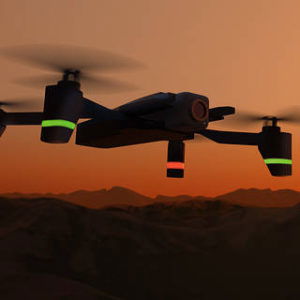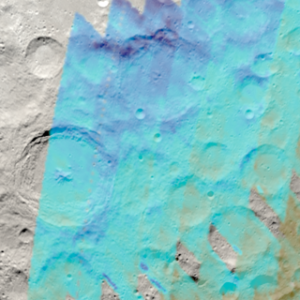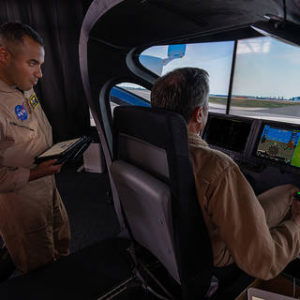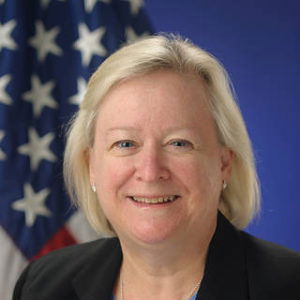Technology Law
On April 13, NASA’s top leadership visited the agency’s Ames Research Center in California’s Silicon Valley to learn about the center’s climate science and innovations in aeronautics that will help people everywhere face these challenges. Full report from NASA: Read More
Continue readingOn April 13, NASA’s top leadership visited the agency’s Ames Research Center in California’s Silicon Valley to learn about the center’s climate science and innovations in aeronautics that will help people everywhere face these challenges. Full report from NASA: Read More
Continue readingOn April 13, NASA’s top leadership visited the agency’s Ames Research Center in California’s Silicon Valley to learn about the center’s climate science and innovations in aeronautics that will help people everywhere face these challenges. Full report from NASA: Read More
Continue readingOn April 13, NASA’s top leadership visited the agency’s Ames Research Center in California’s Silicon Valley to learn about the center’s climate science and innovations in aeronautics that will help people everywhere face these challenges. Full report from NASA: Read More
Continue readingOn April 13, NASA’s top leadership visited the agency’s Ames Research Center in California’s Silicon Valley to learn about the center’s climate science and innovations in aeronautics that will help people everywhere face these challenges. Full report from NASA: Read More
Continue readingOn April 13, NASA’s top leadership visited the agency’s Ames Research Center in California’s Silicon Valley to learn about the center’s climate science and innovations in aeronautics that will help people everywhere face these challenges. Full report from NASA: Read More
Continue readingAdvanced Capabilities for Emergency Response Operations (ACERO) Full report from NASA: Read More
Continue readingA new study using the now-retired Stratospheric Observatory for Infrared Astronomy (SOFIA) has pieced together the first detailed, wide-area map of water distribution on the Moon. Full report from NASA: Read More
Continue readingIn a world that runs on data, computer simulations are among our most powerful tools for investigating any scenario. Full report from NASA: Read More
Continue readingDeputy Center Director – Carol W. Carroll Full report from NASA: Read More
Continue reading






